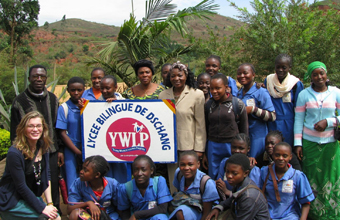A few months ago I took “Co-Resolve”, a Deep Democracy course with Aftab Erfan. As a part of that course we explored a decision-making process that involves pulling on two poles of a question, and building empathy and understanding for each of those two poles.
I decided to try this in writing with the question I’ve been avoiding the past few months. Enjoy!
Top reasons NOT to continue my ‘decolonizing family history’ project
- What is ‘decolonizing’ anyway? Just another way for the dominant voice/academics to re-write the colonial narrative…
- We live in a colonial state on stolen land: we need to unpack power dynamics and policies that go much deeper than any one family history
- Writing that tells the stories of early settlers only helps to build empathy for the colonizers
- Inevitably, deep elements of the sources and framing of this kind of narrative will only reinforce colonial/white supremacist ways of thinking.
- We don’t need more settlers writing about indigeneity: what the world needs is strong Indigenous voices telling the story of this work
Top reasons TO continue my ‘decolonizing family history’ project
- In the wake of the Truth and Reconciliation Commission, it’s time for all Canadians to begin to really grapple with the implications of what we now know in our personal lives: this story is one way of doing so
- Telling stories of where I come from both in terms of ancestry and place is one way to reconnect with lineage and with land; making those re-connections is a key part of accepting relationality, responsibility.
- Finding ways to make colonization personal is one of the key ways for settlers to come to an awakened understanding of the colonization process: if I can share my process, I can inspire others to also make this history and story personal.
- I made a commitment, as part of my masters’ degree, to complete the family history research I had begun, and to share that in some way with my family. Finishing this project is a way of honouring that commitment.
- This work of connecting personally to place and to history is inspired in many ways by Elizabeth Henry’s thesis: continuing to write honours her memory.
The next step of the process of deep democracy is to identify the ‘arrows that hit home’ – the insights that come from delving deep in this way. I think for me what hits home is this realization that the project is in so many ways a very personally meaningfully endeavour: perhaps rather than focusing on the ‘objective’ or abstract rationale or need for this work, I can just name that truth.
Mali

